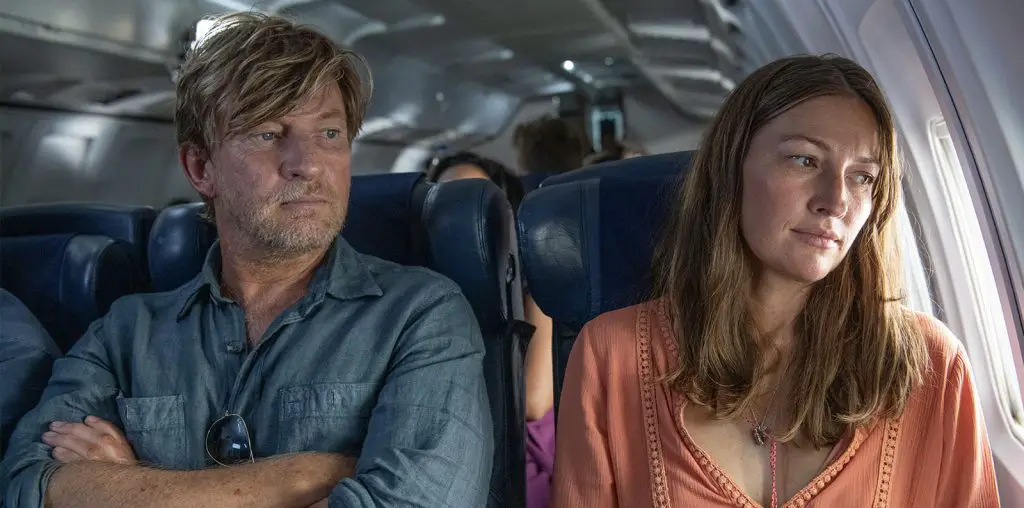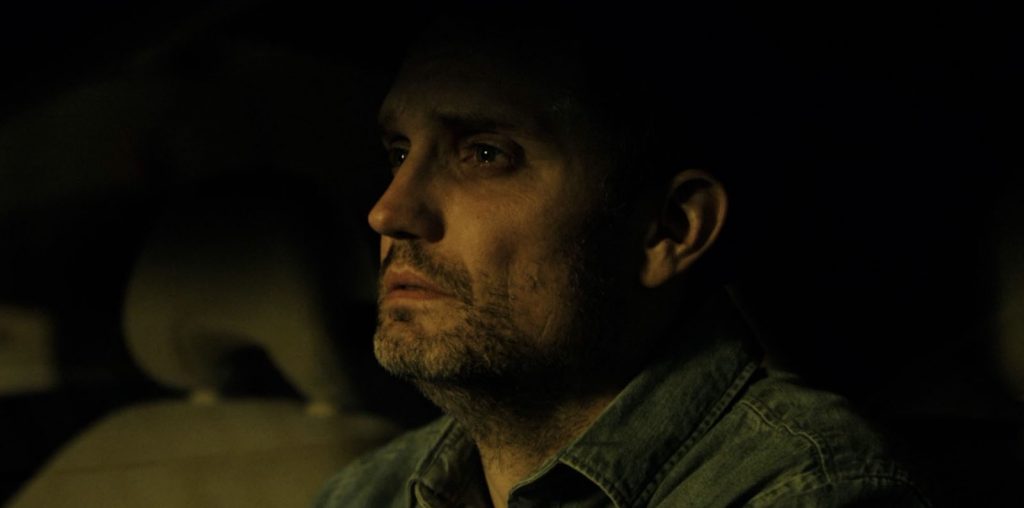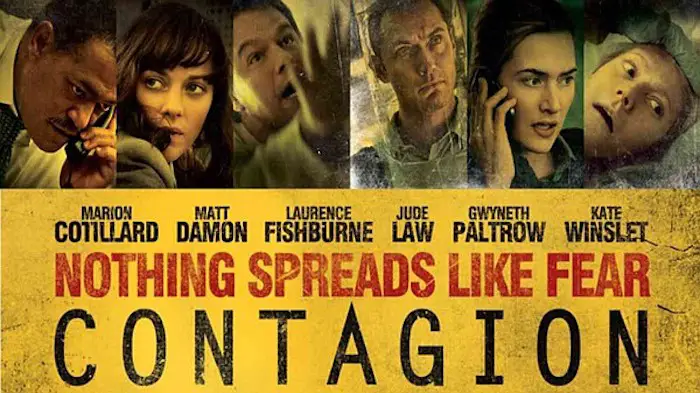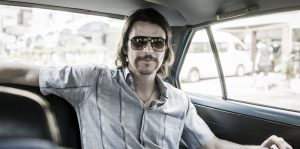
I really like the guy and was able to spend a lot of time with him. Then, of course, he wrote a book about this exact time, called Gut Instinct. He’s written several other books. I was able to get more insight into him. Then, he had this TV show, and I was able to see him in his investigative form. I had a lot of research material, let’s say, so it was good.
What kind of other research did you do in reference to playing a reporter? How did you approach that?
I wanted to be specific to Victor, so I was more interested in how he does his reporting than generically how someone should take on the writing of a story. Victor’s is self-styled anyway, and he wasn’t typical for his time. I wanted to play that guy. I didn’t do any sort of outside research on the journalism industry, except through his own experience. I spent some time at the Globe and Mail, and I researched his work that he had done previously. One of the things that was really serendipitous was that when they first sent me the script, and I first met Victor, I had just found out that I was going to be a father.
Obviously, in the script, he’s becoming a father for the first time. When I first signed on, I had a hypothetical concept of how I would respond when my first daughter was born. By the time we actually shot the film, I knew firsthand what it was like, how much your life changes once you have a family. All of those elements really lent itself to being useful in fleshing out the character, and making him three dimensional, and not just a crusading journalist, but something, I think, more human.
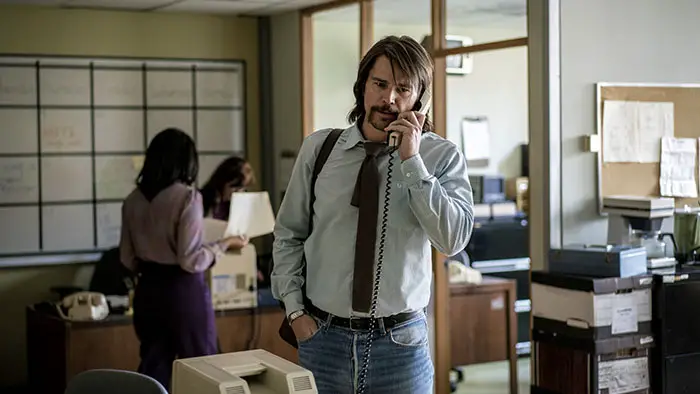
“…I was more interested in how he does his reporting than generically how someone should take on the writing of a story.”
Yeah. Exactly, because that’s a big trope in movies like this. I feel like what you did with the character was more unique than just the usual kind of thing. Since we’re talking about Victor, and you’ve played him, what would you say that you have most in common with the character in general, as a person, other than having kids?
Yeah. I think that Victor trusts his instincts…obviously. I like to believe I trust my instincts. I like to believe that I’m like like him in that respect. I am not as dogged in my approach to anything in my life as he is in his pursuit of a story, but I relate to the feeling that underlies it very much. I check myself because I have a tendency to become obsessive sometimes too. I spend a lot of time trying not to be that way. Whereas, he gives into it. I commend him because he’s doing good work. I can say that, grandly, I guess, that all investigative journalists who are doing factual work are doing good work, and it deserves an obsessive approach. I’m an actor, so it’s a bit less important to the culture, but I care deeply about what I do. I bring some of that to my work as well sometimes.
I wasn’t even going to ask this until just now, but do you think that kind of obsessive nature lends itself to being creative?
Yes, because creating something takes a lot of work and a lot of blocking out what other people might be thinking of what you’re doing at the time. I think you have to focus intensely, and focusing intensely can look like obsession from the outside.
What did you like the most about working with Daniel Roby?
His undeniable passion. That is the word I just keep using all day is his passion. He is a passionate filmmaker. He is also obsessive, you know? I mean, in his own way. He started working on this in 2006, when he came across the story, and couldn’t believe that he didn’t know anything about him a, being a Canadian citizen. I had a similar reaction when I read the script. How could I not have heard about this? This is obvious, above-the-fold material, and it didn’t somehow cross the border. I’m from Minnesota, and somehow we didn’t get that news in Minnesota. It didn’t penetrate my life.
Daniel heard about this. He couldn’t believe that he hadn’t heard about it before. He heard about it because Alain Olivier, the man who’s behind the character of Daniel Léger, was suing the government at the time, so all of these facts about what happened were coming out in public. He went to the actual trials, and sat in the backbenches, and listened to all of the testimony. He just thought instantly he understood what the film should be, and started writing it immediately. Then, spent the next seven-eight years trying to get together the right cast and the right money to make it, only to have it fall apart right after we signed on. Then, another three years before he got it made. We finally shot it two years ago, and now it’s finally coming out.
